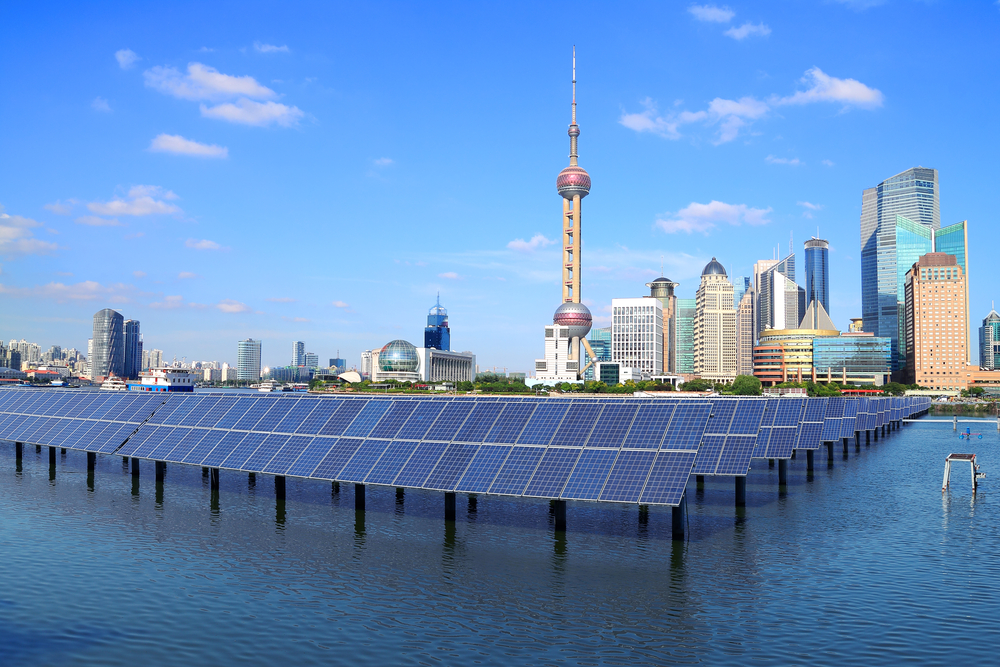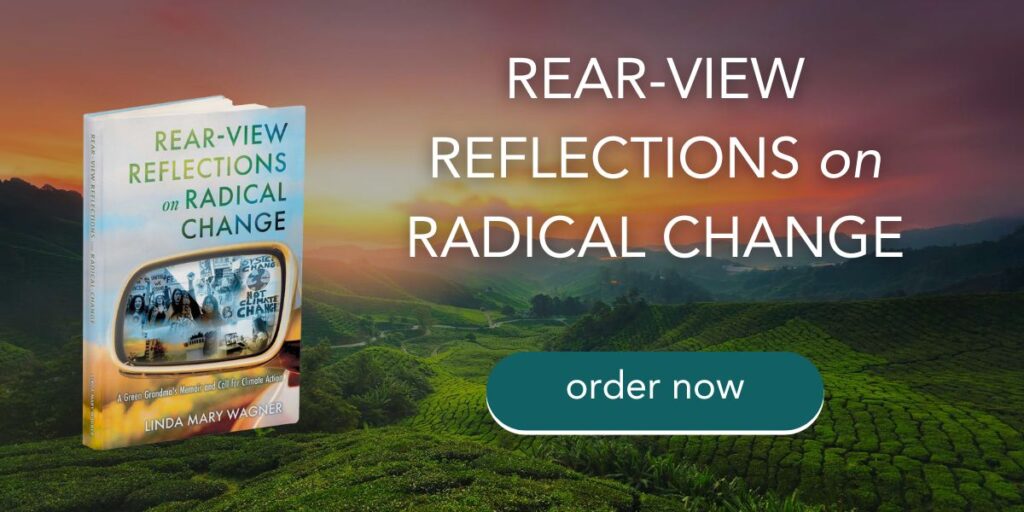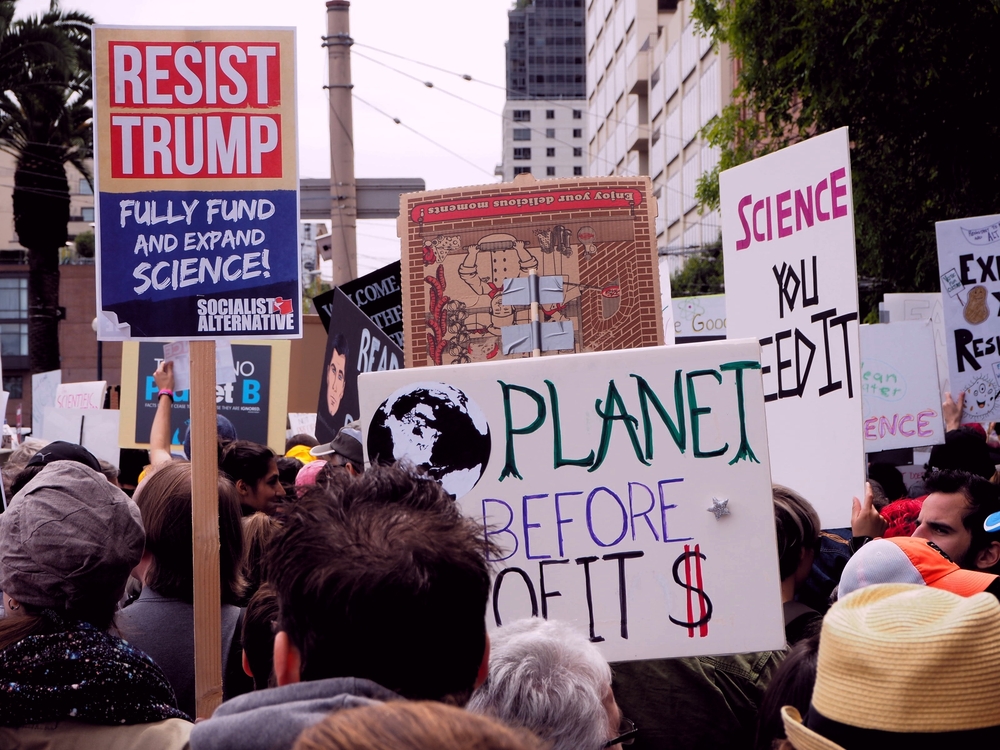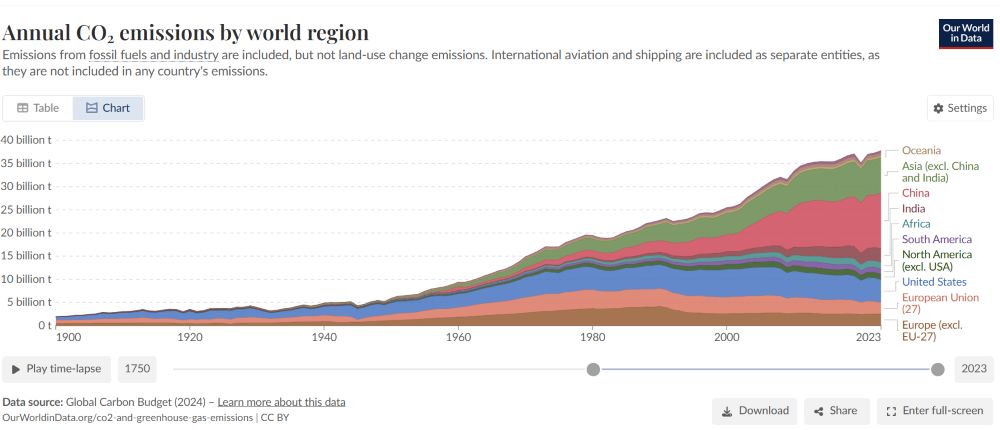As usual, there is both good news and bad news on the climate action front. In this post, I plan to start and end with some good news.
Good News from China
The Christian Science Monitor offers a good-news update about climate action progress in China, from the Thoms Reuters Foundation. In Despite record coal use, China on track to meet green energy targets, journalist John Kemp reports, “China’s installed wind and solar capacity will overtake coal for the first time this year, an industry body forecast on Jan. 30. The China Electricity Council (CEC) in a yearly report said grid-connected wind and solar would make up around 40% of installed power generation capacity by the end of 2024, compared with coal’s expected 37%…China plans to generate an increasing share of electricity from renewables as part of its pathway to net zero emissions, with coal-fired and gas-fired power plants acting in a reserve capacity to ensure reliability.”
The main reason China cites for retaining coal and gas as back-up options is that wind and solar power do not provide consistent power at all times and storage of the electricity they deliver is not yet technically and financially viable at the scale needed.
Kemp’s report concludes, “Despite pessimistic headlines about China’s record coal production, generation, and emissions last year, the transformation of the electricity system is already well advanced. On the current trajectory, the government is very likely to meet its declared target of peaking emissions before 2030.”
Bad News in Some Sectors
On the bad climate news front, there are areas of the global economy that remain as huge contributors to the greenhouse gas emissions leading to climate change and related weather disasters. The Guardian delivers the bad news in The world is reducing its reliance on fossil fuels – except for in three key sectors, with a sub-heading, “Dramatic changes in energy industry and EVs reducing fossil fuel use, but shipping, aviation and industry a long way from net zero.”
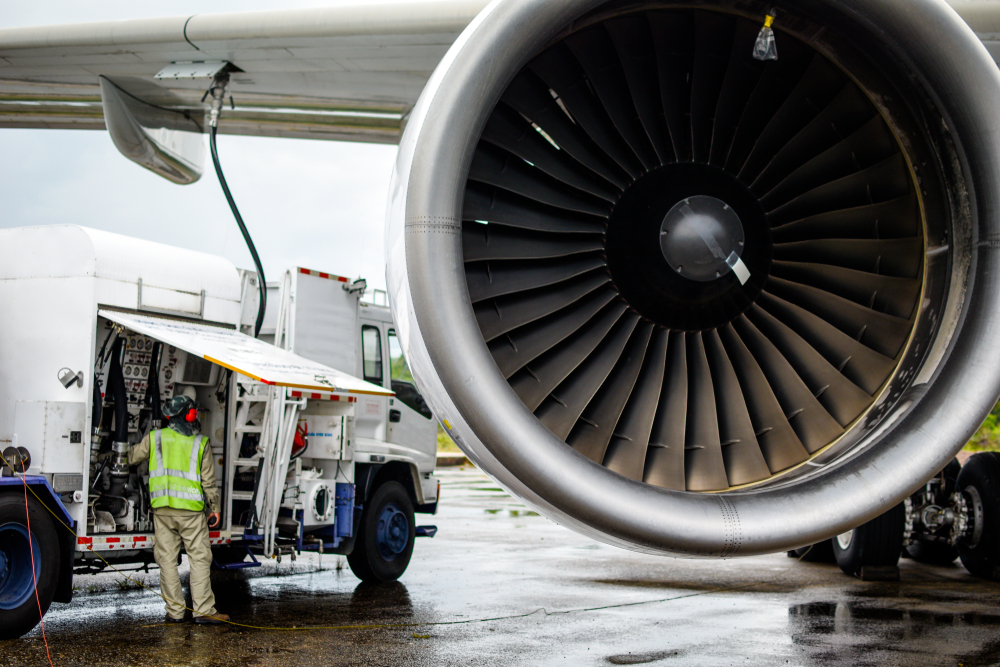
Citing a study by Rhodium Group, the article starts with the good news. “Record levels of investment in clean energy (solar has been called the cheapest source of electricity in history by the International Energy Agency) and a decline in coal-powered generation means less and less of the world’s power will come from fossil fuels between now and 2050, the analysis from Rhodium shows. Similarly, the blossoming electric vehicle market is going to drive down emissions from cars and trucks, with global oil consumption for on-road vehicles set to drop by 50% over the next three decades, the forecast finds.”
And yet, the study warns that we are unlikely to reach net zero by 2050, “as scientists say they must if dangerous global heating – spurring worsening heatwaves, floods, droughts and more – is to be avoided. A major reason for this is the stubborn, ongoing carbon pollution from three areas: aviation, shipping and industry. There is currently no widespread alternative to jet fuel or ship diesel, meaning steady or even rising fossil fuel use as developing countries’ economies grow. A range of industrial processes – such as cement-making and the production of plastic – will collectively fail to meaningfully cut carbon-intensive fuels by 2050, too.”
Hannah Pitt, associate director at Rhodium, was quoted as saying, “This is a good reminder that climate change touches every piece of our economies, and it needs solutions to each of those areas. There is a lot of work to do.”
In my previous post, Seeing Climate Progress As A Glass Half-Full, I’ve shared a way that cement production might become more sustainable.
Good news of a possible aviation fuel solution
Another possible solution for fuels that can be used in aviation and elsewhere was reported this week in Interesting Engineering: A new technology can make biofuels cheaper and greener than petroleum. “One of the biggest challenges in producing biofuels from plants is to break down the tough and complex plant matter, also known as biomass, into simpler and usable components. A new study has found a way to make this process easier, cheaper, and more eco-friendly by using a renewable chemical that can be derived from the biomass itself.
“The study, published in Energy & Environmental Science, introduces a novel biomass pretreatment technology called CELF, which stands for co-solvent enhanced lignocellulosic fractionation. The technology was invented by UC Riverside Associate Research Professor Charles Cai, who said it can improve biofuel production’s efficiency and profitability. ‘CELF uses tetrahydrofuran or THF to supplement water and dilute acid during biomass pretreatment. It improves overall efficiency and adds lignin extraction capabilities,’ Cai said. Best of all, THF itself can be made from biomass sugars.’”

The study compared the suitability of two biomass sources – the stalks leftover after corn harvesting, called corn stover, versus poplar non-edible trees. Researchers found poplar to have a higher carbon density and lignin content, making it an ideal feedstock for a CELF biorefinery. The study concluded that poplar may cost more but it yields more useful fuel and chemicals.
The article in Interesting Engineering delivers the good news from this research. “The study also shows that using poplar in a CELF biorefinery can make sustainable aviation fuel at a break-even price as low as $3.15 per gallon of gasoline equivalent, which is much lower than the current average cost of jet fuel in the U.S., which is $5.96. The study also accounts for the environmental benefits of using biofuels over petroleum, such as reducing greenhouse gas emissions and fossil fuel consumption.”
Given the study’s success, the U.S. Department of is providing funds for construction of a small-scale CELF pilot plant at the University of California, Riverside.
Good news in court
Charity Clark, the Attorney General of Vermont, was happy to learn that a federal court returned her case against Exxon back to a court in her home state. The online news site, My Champlain Valley, tells the good news in Attorney General celebrates fossil fuel “greenwashing” lawsuit being returned to state court.
“In 2021 Charity Clark’s office sued multiple companies, including Exxon, under Vermont’s Consumer Protection Act. Clark says the companies misrepresented the Environmental Impacts of their products, it’s something the Attorney General calls ‘greenwashing.’ Clark said, ‘To lie to the public about the impacts that your fossil fuel products are having on the environment is totally unacceptable, it is absolutely a violation of the Consumer Protection Act…This case seeks to hold accountable fossil fuel companies that misrepresented their products and hid information from the public.’”

This case points out the role that elected officials such as Attorneys General can play in the climate action arena. When you vote for any candidate at any level, remember to explore their views on climate change and the need for climate action. Ballotpedia and VoteClimatePAC may be helpful.

